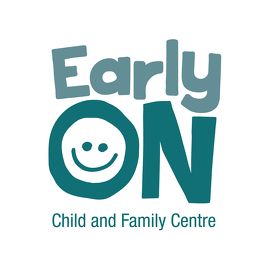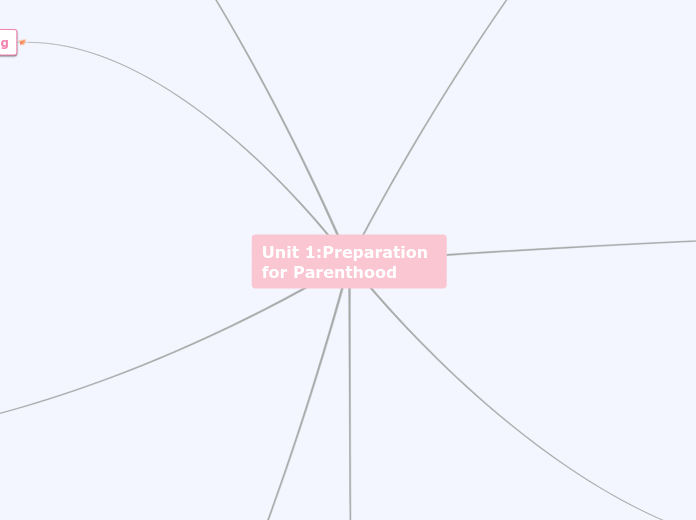Unit 1:Preparation for Parenthood
Child Development Theorists
:max_bytes(150000):strip_icc()/child-development-theories-2795068-01-de70d302f2f94e60b00e57c59bd5984f.png)
Sigmund Freud (1856-1939)
Believed that personality develops in a series of stages
:Childhood is very important, its effects are longer lasting
Jean Piaget (1896-1980)
Believed that all children go through 4 stages of learning
:Children must have appropriate learning tasks given
Lev Vygotsky (1896-1934)
Believed that biological development and cultural experience influence a child's ability to learn
:Children should have opportunity for consistent social interactions
Erik Erikson (1902-1994)
Believed that personality develops in stages and each stages have unique psychological crisis
:Caregivers should be aware of children's needs in each stage of development and must support them
B. F. Skinner (1904-1990)
Believed that child will repeat their action when resulted positive. However, negative results will make their action stop
:By the use of positive and negative feedback, caregivers can affect a child's behaviour
Urie Bronfenbrenner (1917-2005)
Believed that environment/society/community/family impacts a child's development
:Child relationship with a caregiver needs to be stable, loving and lasting
Albert Bandura (1925-)
Believes that children learn by imitating others.
:Caregivers must be a good role model for their children to follow

Five Stages of Maslow's Hierarchy of Needs
Community Resources
You can easily find more accessible resources by searching up online
Family Education Center (Click the icon beside to go to the website)
Association of Parent Support Groups in Ontario (Click the icon beside to go to the website)


Community Resources can be a big help and you can access to wider spectrum of ways of parenting
Readiness
Are You Ready To Be A Parent?: Ask yourself...
IF YOU'RE A SINGLE PARENT, DO YOU HAVE ENOUGH SUPPORT?
IS YOUR RELATIONSHIP STABLE?
CAN YOU AFFORD IT?
ARE YOU WILLING TO GIVE UP SOMETHING YOU WANT FOR THE CHILD?
DO YOU KNOW/ARE YOU READY TO PARENT?
"Considering the fact that parenting skills can be acquired and passed on from one generation to another, continuous efforts to improve the quality of care-giving are important" (Child Encyclopedia, 2015)
Emotionally
Should be emotionally stable
Ready to be there for your child always
Physically
Your health is important to take care of your child 24/7
Needs to be physically fit to protect your child
Impact of having children
Financially
According to MoneySense.ca, the average cost of raising a child to age 18 is around $243,660
That is $12,825 per year
Maternity Leave
$485 per week or $45,900 a year
Lost Wages
After taking 5 years off, more likely to earn 15% less
Mandatory Expenses
Costs thousands of dollars in total
Ongoing Expenses
$48,760 for food and clothing
Child Care
$700-$1000 per month
Shelter
Until age of 18, it will end up costing $51,680
$2720 per year
$226.67 per month
Emotionally
Emotional changes
Relationship changes
Struggle with your child's behavior
Struggle with your partner
Fear of not being a good parent
Frustration at the loss of personal freedom
Worry over money matters
Jealousy of the baby
Depression due to exhaustion
Physically
Tiring
For mothers, after birth can be physically difficult
Press the icon to go to the website
Lifestyle changes
Career
You might have finance loss after returning from maternity leave
During maternity leave/parental leave, you are not able to work which may affect the promotion, etc
New Responsibilities
Legal responsibilities of Parents and Guardians
In Canada, the legal responsibilities of parent and guardians are outlined under provincial law
In Ontario,
Parental responsibility act
Child and family services act of Ontario
All caregivers have a legal duty to preserve the life and health of their children
Providing adequate shelter
Providing adequate food
Providing adequate care
Providing medical care
Providing clothing
Providing suitable education
Parents must make sure their children are not abused or neglected
Parents are responsible for supervising their children
This connects to Challenges and responsibilities
Factors that influence the decision to become a parent
Relationship with the partner
Relationship with your partner is very important
Family Pressure
Reasons for Parenting
Aim to give rather than to get
Always be available
Ready for a child
Looking forward to the process of raising children
Desire for Parenthood
Finance
If you and your partner it not able to afford a child, this might be a big problem in becoming a parent
Challenges and Responsibilities
Parenting is a 24/7 job
Legal obligations "As a Caregiver..."
Provide food, shelter, and education
Provide adequate care
Provide medical care
Social obligations "As a Caregiver..."
Take responsibilities for a child's behavior in public
Teach a child to respect others
Teach what is right and wrong
Rewards of parenting
Feeling of Accomplishment
Personal Growth
As your child grows, you as a parent will grow
Mothers often say that they learn from their children
Proud to see your child grow
click the icon beside to go to the website

Qualities/Skills needed for parenting and how to develop them
Confidence
Showing kids your confidence can make your child feel safe and free to express their feelings
You can develop your confidence by believing in yourself and building up on your career or what you are passionate about
Realistic
Realistic view of a caregiver is important in order to parent a child
You can develop this skill by planning about future because as you plan your future, you will think about obstacles you may face and its outcome, etc
Resourceful
Being resourceful allows your child to feel free and comfortable with their needs
You can be resourceful by working hard for your children as well as being informed of other current events to be prepared with future problem, etc
Humor
Having humor will allow a child to feel happy and to enjoy spending time
You can develop your humor by not thinking too serious at all time
Sensitive
Sensitivity is good to support your child and give them sympathetic advice
You can read more articles on how a child's emotion develop and try to think about ways you can give sympathy
Team Member
Team work within your family is important to make your child feel connected
You can develop this skill by doing activities that include everyone (Family board games, activities, etc)
Sacrifice
Being able to sacrifice yourself for your child is important
You can develop this skills by having more responsibility about your child
Set Limits
Setting limits/rules is important and will help educate your child
Trying to come up with a own adequate family rule will help
Establish Routines
Setting routines will make your child and yourself to have a healthier lifestyle by planning ahead, prepared, etc
Give Encouragement
Giving encouragement to a child is important for them to grow, learn lessons from their mistakes, and to try new things
Give compliments and encourage your child every time they accomplish, or complete something
Stages of Parenthood
1. Image-Making
Pregnancy/Adoption
Imagine oneself as a caregiver
2. Nurturing
Birth- 2 years
Emotionally attached to the child
3. Authority
2-5 years
Determine rules
4. Interpretive
5-13 years
Deciding values, skills and knowledge the child needs
5. Interdependent
Adolescence
Establish boundaries
6. Departure
Child leaves home
Evaluate one's parenting
